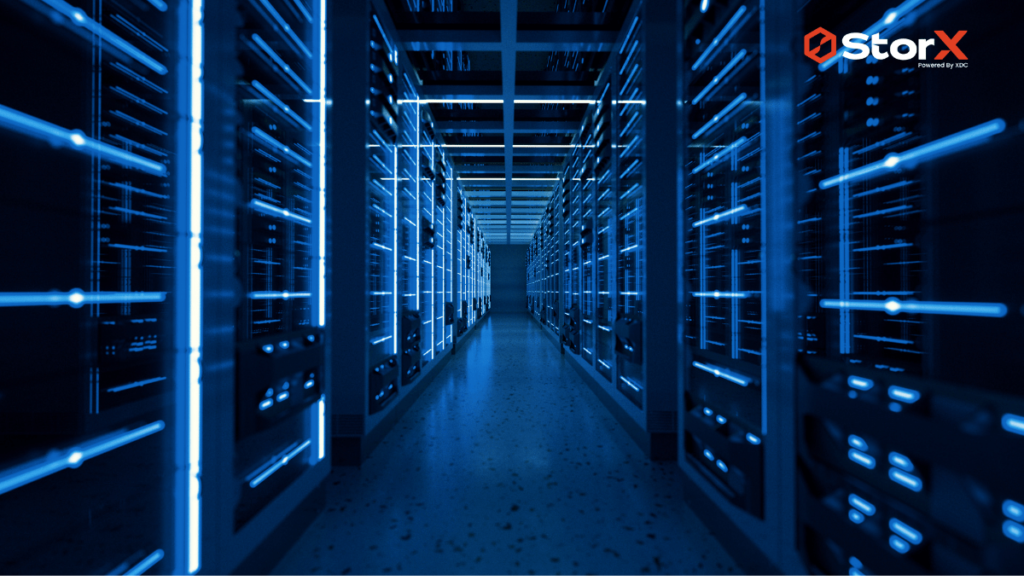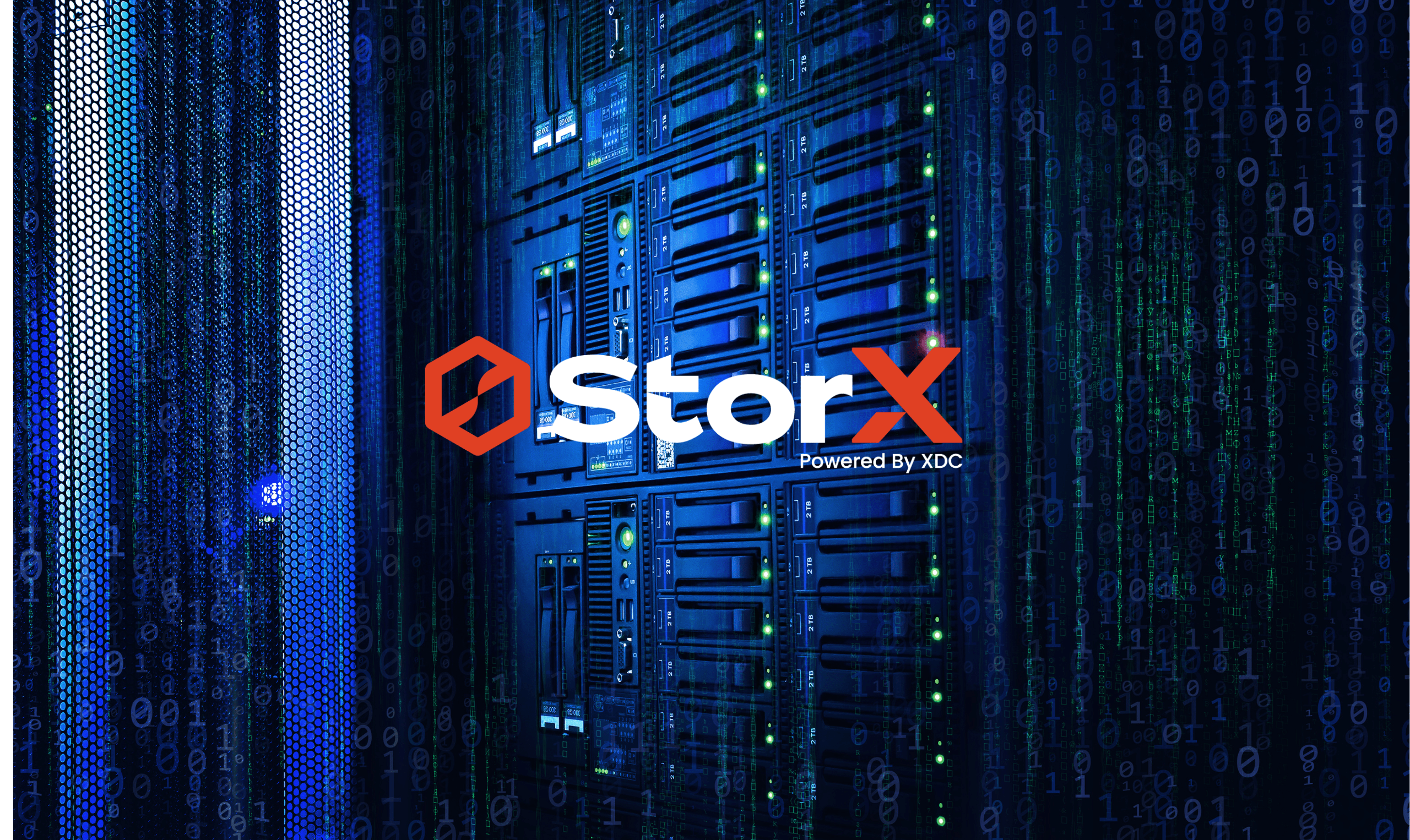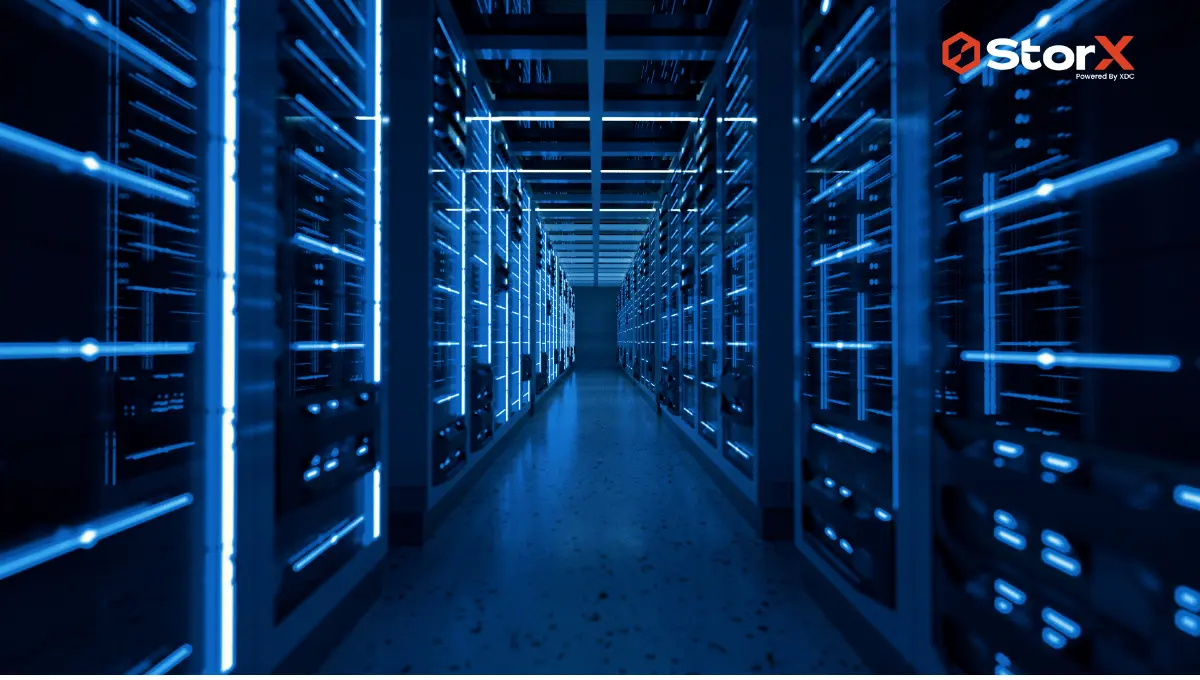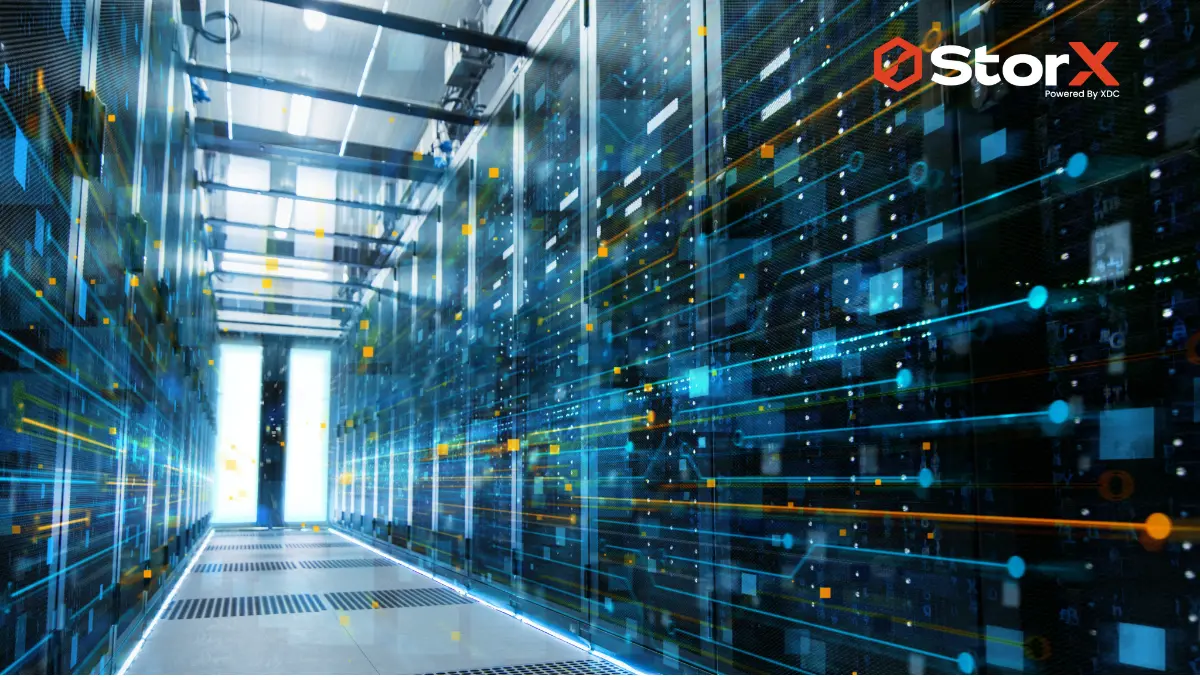Big Data Storage Solutions: Efficient Ways to Store and Access Large Data Sets
In today’s digital age, the proliferation of data has reached unprecedented levels. From business analytics to scientific research, the accumulation of vast amounts of information has become the norm. Managing this data efficiently is paramount for organizations to derive meaningful insights and make informed decisions. This is where big data storage solutions play a crucial role, offering efficient ways to store and access large data sets.
Centralized Data Storage: The Backbone of Big Data Management

At the heart of big data storage solutions lies centralized data storage. This approach involves consolidating all data into a single, unified repository, making it easier to manage and access. Centralized storage solutions such as data warehouses and data lakes provide a scalable and organized infrastructure to store diverse data types securely.
Data Warehouses: Structured Storage for Analytical Insights
Data warehouses are purpose-built repositories designed for storing structured data from various sources. They are optimized for analytical processing, enabling organizations to perform complex queries and generate insights quickly. With features like data indexing and query optimization, data warehouses streamline data retrieval processes, facilitating informed decision-making.
Data Lakes: Versatile Storage for Diverse Data Types
In contrast, data lakes offer a more flexible approach to big data storage, accommodating structured, semi-structured, and unstructured data. By storing data in its native format, data lakes preserve its original structure, allowing for diverse analysis and exploration. This versatility makes data lakes ideal for scenarios where the schema and data requirements may evolve over time.
Exploring Storage Devices: From Hard Drives to Cloud Storage
In addition to centralized storage solutions, various storage devices play a vital role in big data management. These devices range from traditional hard drives to modern cloud storage platforms, each offering unique advantages in terms of scalability, accessibility, and performance.
Hard Disk Drives (HDDs): Reliable Storage for Large Volumes of Data
HDDs have long been a staple in data storage, offering high capacity at a relatively low cost. With advancements in technology, modern HDDs can store terabytes of data, making them suitable for archival and backup purposes. While HDDs excel in sequential read/write operations, they may not match the speed of solid-state drives (SSDs) in random access scenarios.
Solid-State Drives (SSDs): Speed and Efficiency for Rapid Data Access
SSDs leverage flash memory technology to deliver unparalleled speed and efficiency compared to traditional HDDs. With faster data access times and lower latency, SSDs are well-suited for applications requiring real-time processing and high I/O throughput. While SSDs come at a higher price point per gigabyte compared to HDDs, their performance benefits justify the investment for critical workloads.
Cloud Storage: Scalable and On-Demand Data Management:
Cloud storage platforms offer a compelling alternative to on-premises storage solutions, providing virtually unlimited scalability and on-demand access to data. With features like data replication, encryption, and automated backups, cloud storage ensures data resilience and security. In the landscape of big data storage solutions, transitioning to decentralized cloud storage offers distinct advantages over traditional centralized approaches. Unlike centralized storage, decentralized cloud storage through platforms like the StorX Network provides enhanced security, reliability, and data sovereignty. By distributing data across a global network of nodes, decentralized storage minimizes the risk of single points of failure and data breaches, ensuring data integrity and confidentiality. Additionally, the dynamic scalability and cost-effectiveness of decentralized storage make it an ideal choice for handling large volumes of data. With these benefits in mind, businesses can confidently switch to decentralized cloud storage to optimize their big data management strategies and unlock new levels of efficiency and resilience.
Harnessing Decentralized Cloud Storage with StorX Network
In the realm of big data storage solutions, the StorX Network offers a decentralized approach that revolutionizes data management. Unlike centralized providers, StorX operates on a peer-to-peer network, ensuring enhanced security, reliability, and data sovereignty. By leveraging decentralized cloud storage, organizations mitigate risks, optimize cost-effectiveness, and dynamically scale resources as needed. Experience the future of cloud storage with StorX Network and unlock unparalleled efficiency and resilience for your data storage needs.
Unlocking the Potential of Big Data with Efficient Storage Solutions
As organizations continue to harness the power of big data for competitive advantage, the need for efficient storage solutions becomes increasingly paramount. By leveraging centralized data storage and a diverse range of storage devices, businesses can optimize data management processes and unlock valuable insights from their vast data repositories. Whether it’s analyzing customer behavior, optimizing operations, or driving innovation, the right storage solution is the cornerstone of success in the big data era.
Experience the power of efficient big data storage solutions with StorX Network. StorX offers a comprehensive suite of features to meet your organization’s needs. Take the first step towards maximizing your data potential and schedule a demo today.






